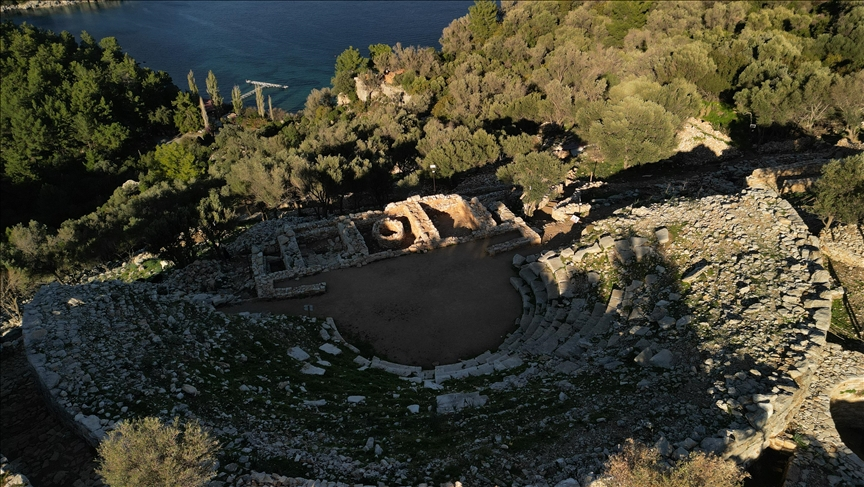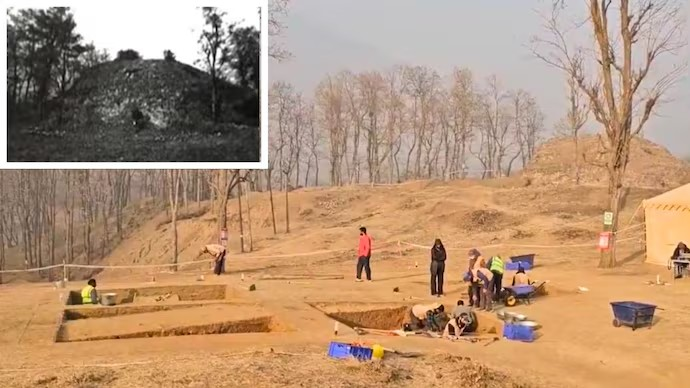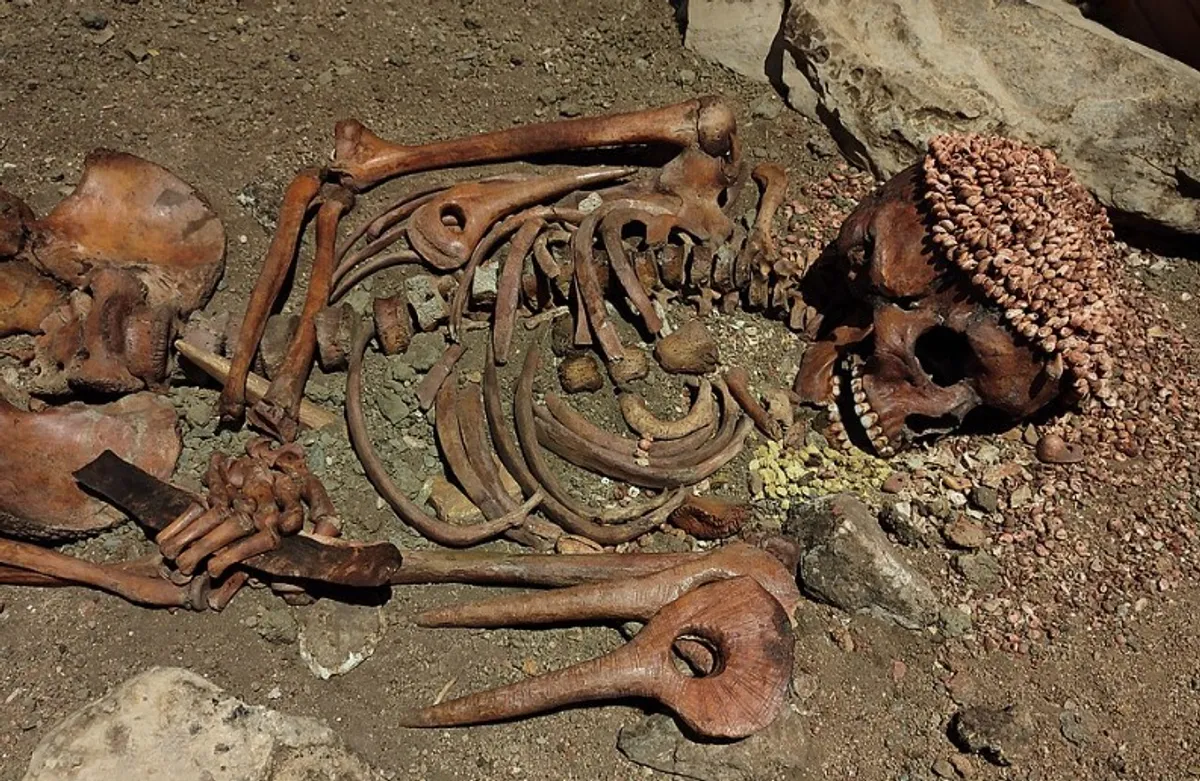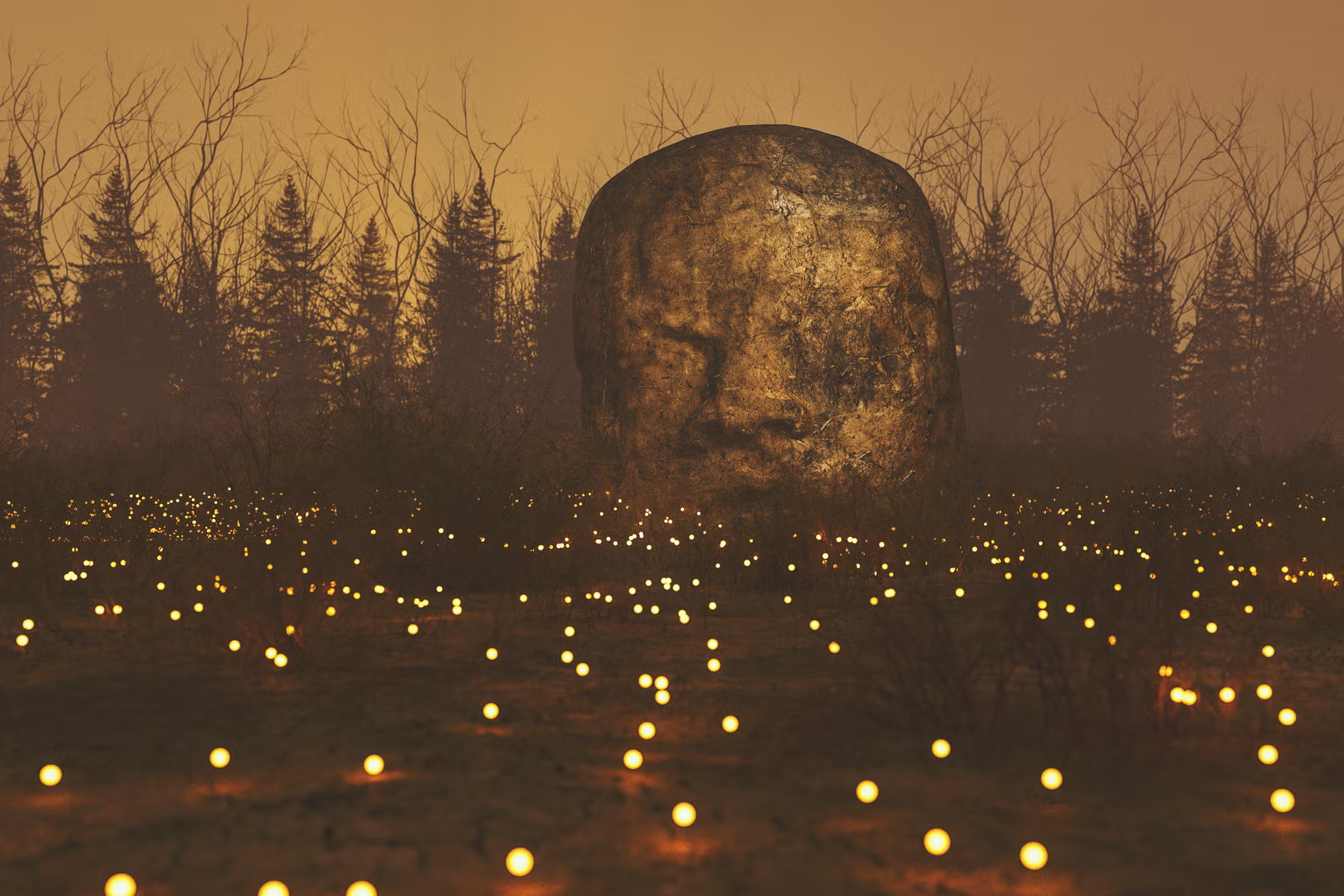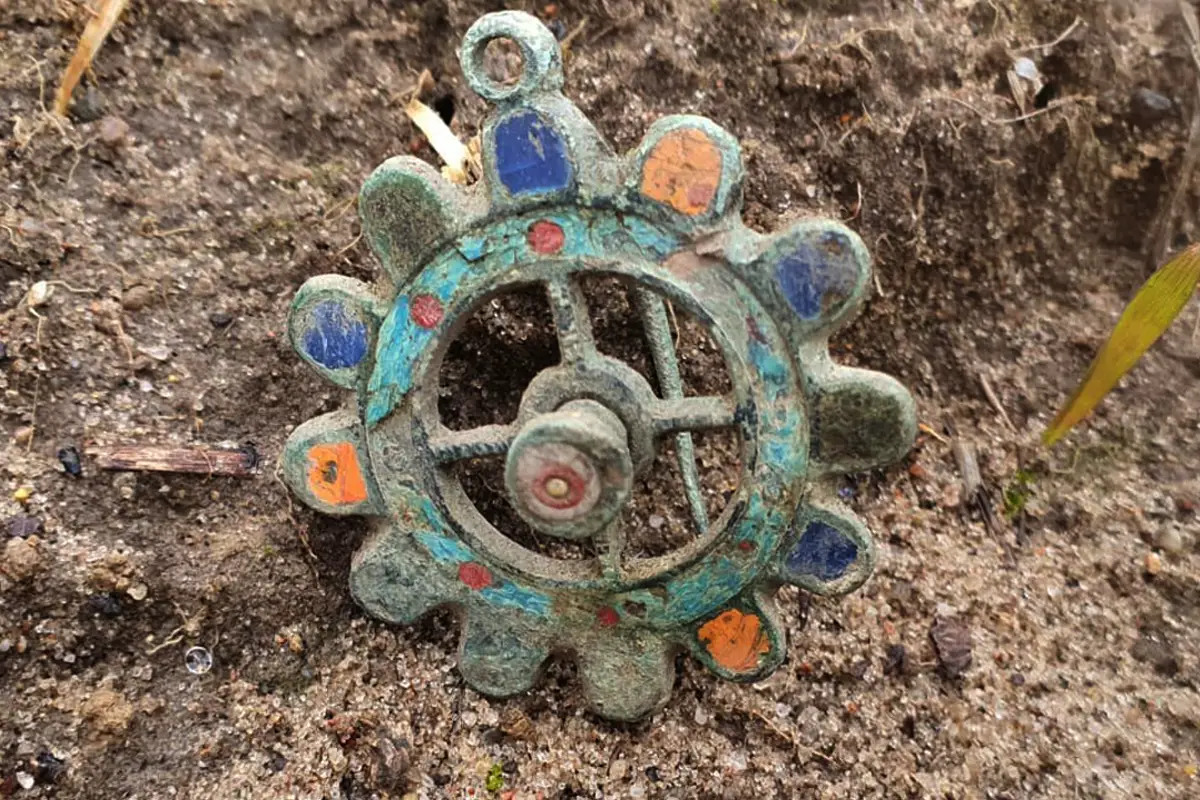Mesopotamia, the region between the Tigris and Euphrates rivers in modern-day Iraq, is often called the birthplace of civilization. The Sumerians and Akkadians dominated the area from 3100 BC to 539 BC, followed by the Greeks and Arameans. The region's contributions to human history include the invention of the wheel, the planting of the first cereal crops, and the development of the cursive script, mathematics, astronomy, and agriculture.
Mesopotamia has also been the site of numerous empires and conflicts over the centuries, including the Parthian Empire and Sassanid Persians. Despite being known by various names throughout history, Mesopotamia remains a fascinating and complex region with a rich cultural legacy.
What do you know about the birthplace of civilization? Ancient Mesopotamia is the cradle of human civilization, encompassing modern-day Iraq, Kuwait, and parts of Syria, Turkey, and Iran. The Mesopotamians were the first to develop complex societies and systems, including writing, agriculture, architecture, and mathematics.
Today we will uncover the hidden wonders of this ancient land and its people!

